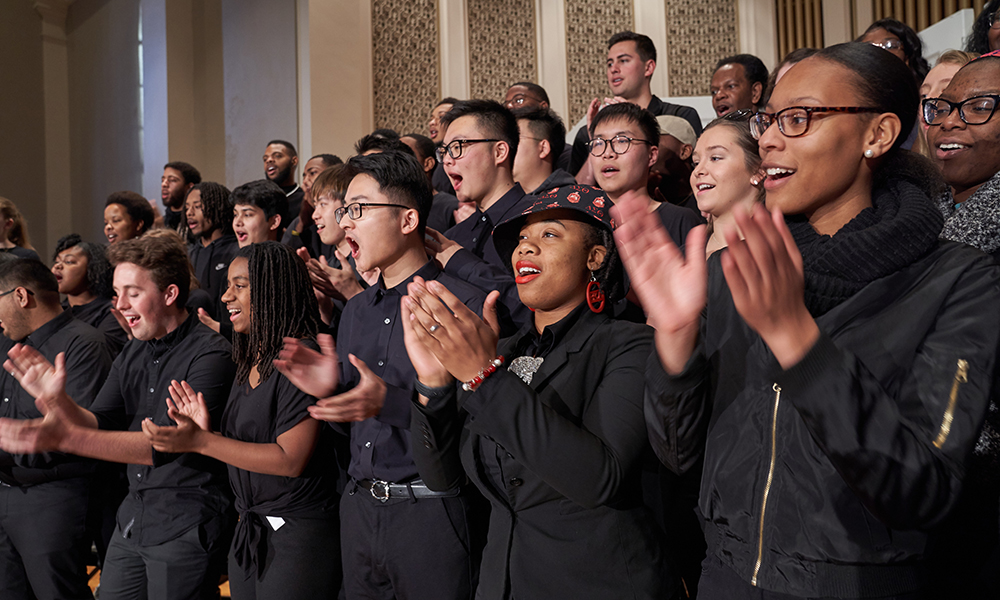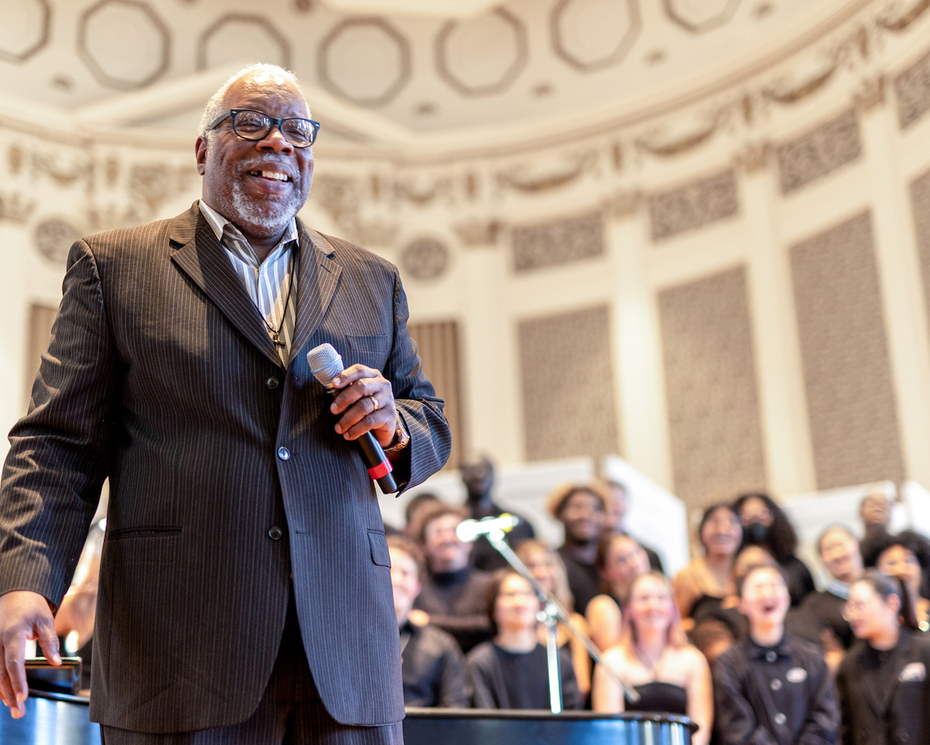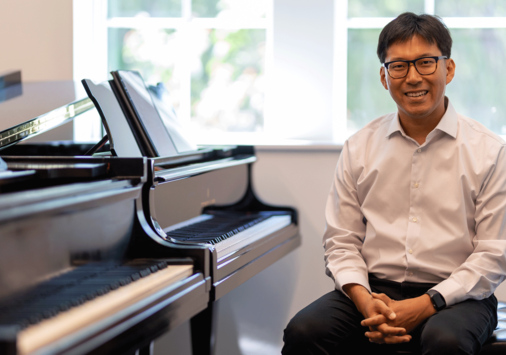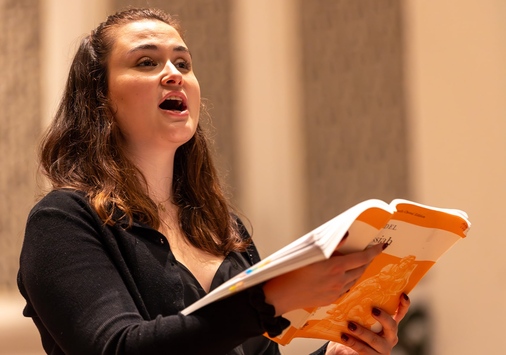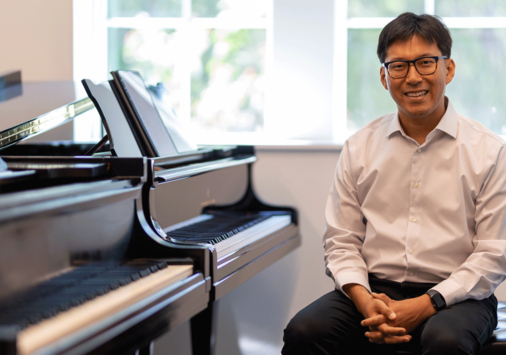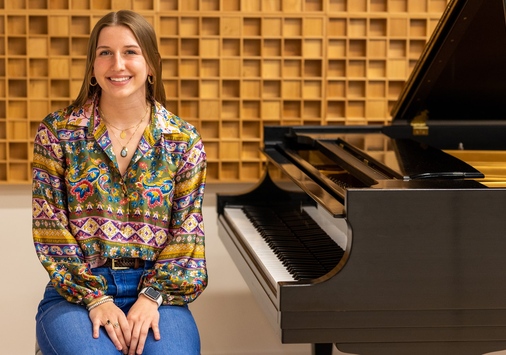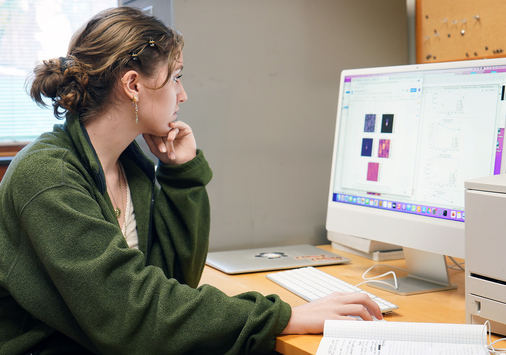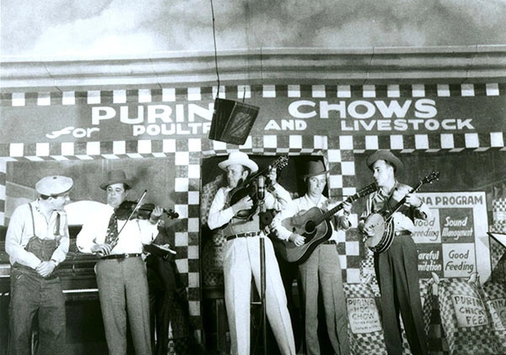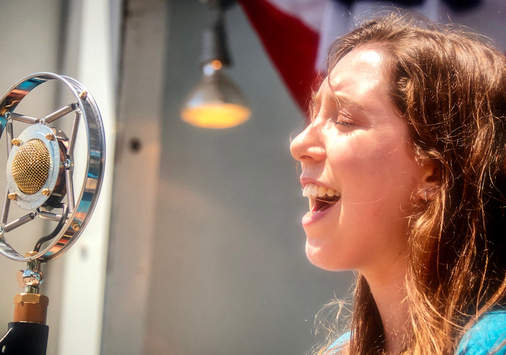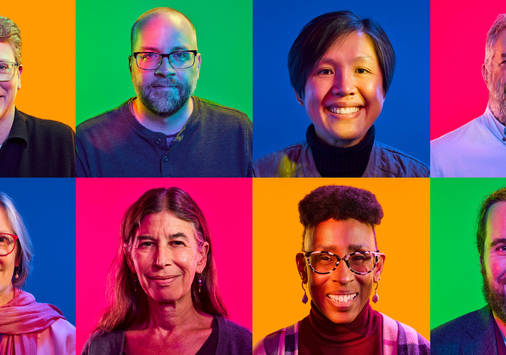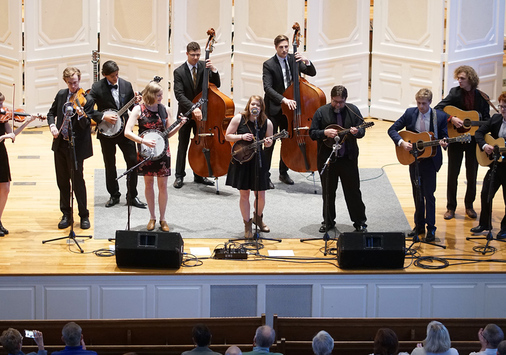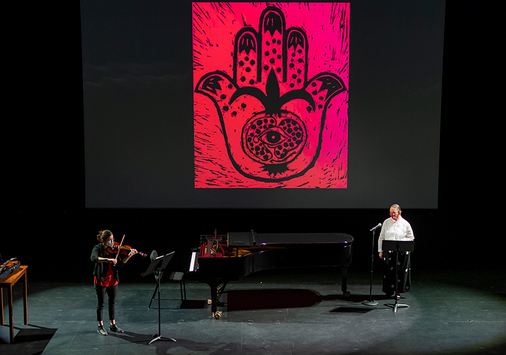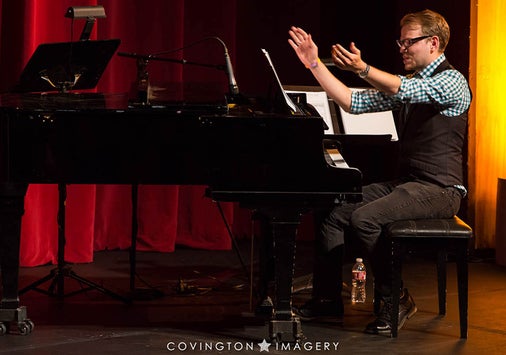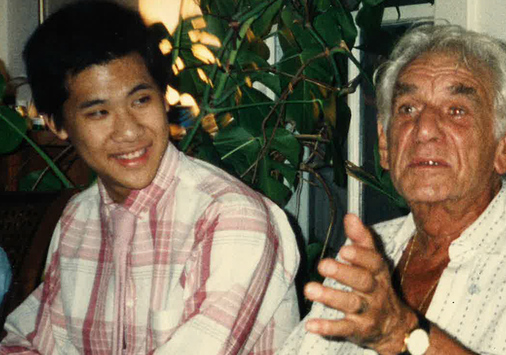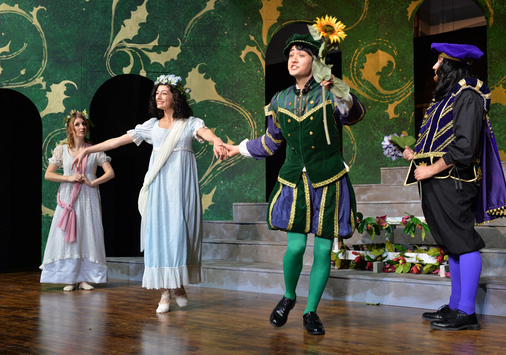About
Denison’s Music department welcomes students of all backgrounds and levels of ability, while standing out as a premier destination for the serious musician who wants rigorous training within the context of a liberal arts environment.
Denison’s Music program is unique
Individual instruction. Our 47 faculty members cover all instruments and areas, so you can major or minor in music in a variety of areas, from performance to history, composition to bluegrass. One-on-one lessons are free to majors and minors, and there are plenty of scholarships to cover lessons for non-majors/minors as well.
Music is a focal point of Denison life—major, minor, or neither. Whether you see music as central to a future career, as an aspect of life you want to continue to cultivate, or as something you “do for fun,” Denison’s Music department has a place for you. We fill around 1,000 seats in music courses and ensembles every semester, with almost 600 students participating in lessons or ensembles.
Our students make music! We offer 28 ensembles, including both “traditional” ensembles (Orchestra, Wind Ensemble, Choir) as well as the Bluegrass Ensemble, Balinese Gamelan, Early Music Ensemble, Gospel Choir, Latin Jazz Percussion, Musical Theatre (Singers Theatre Workshop), New Music Ensemble, and more. Students serve as concertmasters, section leaders, soloists, and managers, helping develop their skills as leaders and stewards for the arts.
Our home in the Michael D. Eisner Center for Performing Arts provides a top-tier facility. The Michael D. Eisner Center for the Performing Arts comprises Sharon Martin Hall (a flexible 400-seat proscenium theatre), Burke Recital Hall (a 225-seat recital hall, fully remodeled in 2018), and a large rehearsal room (a 2,400-square-foot, two-story space with theatrical lighting and AV systems). It also features sound-proofed rehearsal spaces for chamber groups and vocal ensembles, piano labs, instrument lockers, and a state-of-the-art recording studio.
Our Curriculum
Denison’s music curriculum is intended to provide music majors and minors with the skills needed to excel in their area of emphasis—performance, bluegrass, composition, music history, or general music—while cultivating the artistic pursuits of liberal arts students.
Acknowledging the need to examine the contributions of various cultures, the curriculum covers a broad spectrum of musical influences (western European, jazz, world music, American folk, African American musical traditions, and computer music).
In addition to core courses in theory and music history, music majors and minors can choose an area of emphasis.
Ensembles
In keeping with a liberal arts philosophy, the Music department encourages interested students campus-wide to participate in its varied ensembles.
Outside the Classroom
What do music majors do after Denison?
Our graduates have pursued careers:
- As teachers in private and public schools and colleges and in private studios
- In music therapy, music management and arts administration
- As critics and freelance writers
- As conductors and organists for sacred music
- In performance as soloists, orchestral and chamber musicians, and conductors
- In composition as composers, arrangers, orchestrators and copyists as music librarians
- In audio engineering in recording studios or as acousticians
- In music marketing
- And more!
